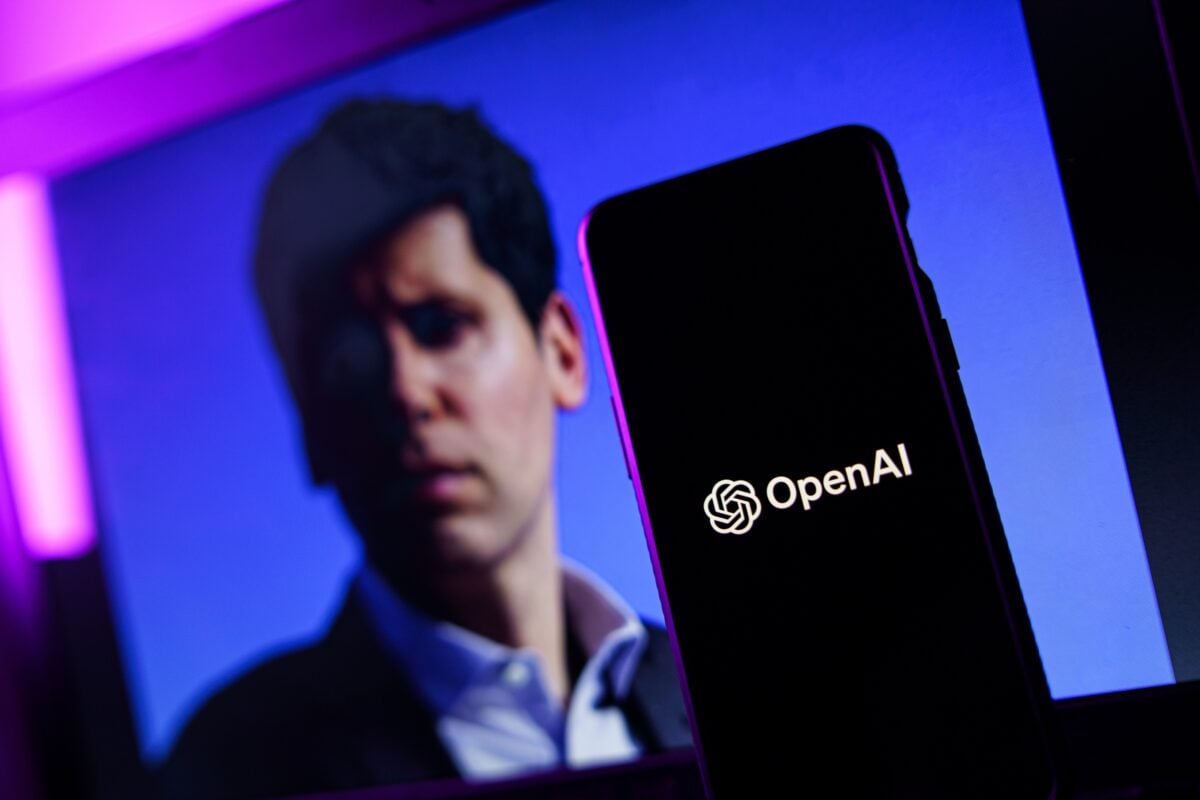TLDRs;
- OpenAI removes “Make this chat discoverable” option following concerns over indexed shared chats.
- Thousands of ChatGPT links were found in Google search, sparking user backlash over unintended visibility.
- Company confirms the move was not a hack but stemmed from an opt-in feature.
- The feature’s removal comes as OpenAI prepares to launch its own data-centric web browser.
OpenAI has confirmed that it is actively removing shared ChatGPT conversations from Google search results, following mounting privacy concerns.
The move comes after a Fast Company report revealed that thousands of ChatGPT conversations were appearing in public search results. These shared conversations, while not containing explicit identifiers, often included personal details that could potentially reveal the identity of users.
The root of the controversy lies in a feature that allowed users to generate shareable links of their ChatGPT chats. A small checkbox labeled “Make this chat discoverable”, with a subtle explanation below noting that the chat could appear in web searches, was all that stood between a private conversation and public indexing.
OpenAI’s Chief Information Security Officer, Dane Stuckey, described the feature as a “short-lived experiment,” adding that the company is now working to ensure that such chats are removed from search engine visibility.
Not a Hack, But a Feature
Critically, this issue was not the result of a security breach. Instead, it came down to user interaction with the share feature.
The problem, according to Fast Company and echoed by many users online, was that the implications of ticking the box were unclear especially given that some users only intended to share the link privately or bookmark the content for later.
Despite the fact that making a chat discoverable required deliberate action, the public blowback revealed that many users were unaware their shared chats could be crawled by Google. The default assumption for many was that creating a link meant “share with who I send it to,” not “make it globally searchable.”
Fast Company’s discovery quickly gained traction across tech communities and privacy forums, prompting OpenAI to pull the plug on the discoverability feature altogether.
OpenAI’s Bigger Picture
The timing of this privacy misstep is notable, as OpenAI is reportedly preparing to launch its own web browser within weeks. According to sources, the company plans to use the browser to further embed ChatGPT into users’ digital lives and gather more granular behavioral data, similar to how Google leverages Chrome.
The browser is expected to include advanced “agentic AI” tools like Operator, capable of taking actions such as booking flights or making restaurant reservations on behalf of users. It’s built on Chromium, the same open-source code that powers Google Chrome, Microsoft Edge, and others.
Privacy vs. Product Expansion
While OpenAI continues to expand its product offerings, from ChatGPT plugins to hardware and now a browser, the company’s latest stumble underscores the delicate balance it must strike between innovation and user trust.
The public indexing of private-ish conversations may have been opt-in, but it’s a reminder that “opt-in” does not always equal “well-informed.” As OpenAI prepares to compete directly with Google in the browser space ,and potentially acquire Chrome if regulators force a sale, its handling of privacy concerns could prove crucial to building long-term credibility.
For now, the “Make this chat discoverable” option is gone, but the conversation around AI, data transparency, and digital privacy is only just beginning.






